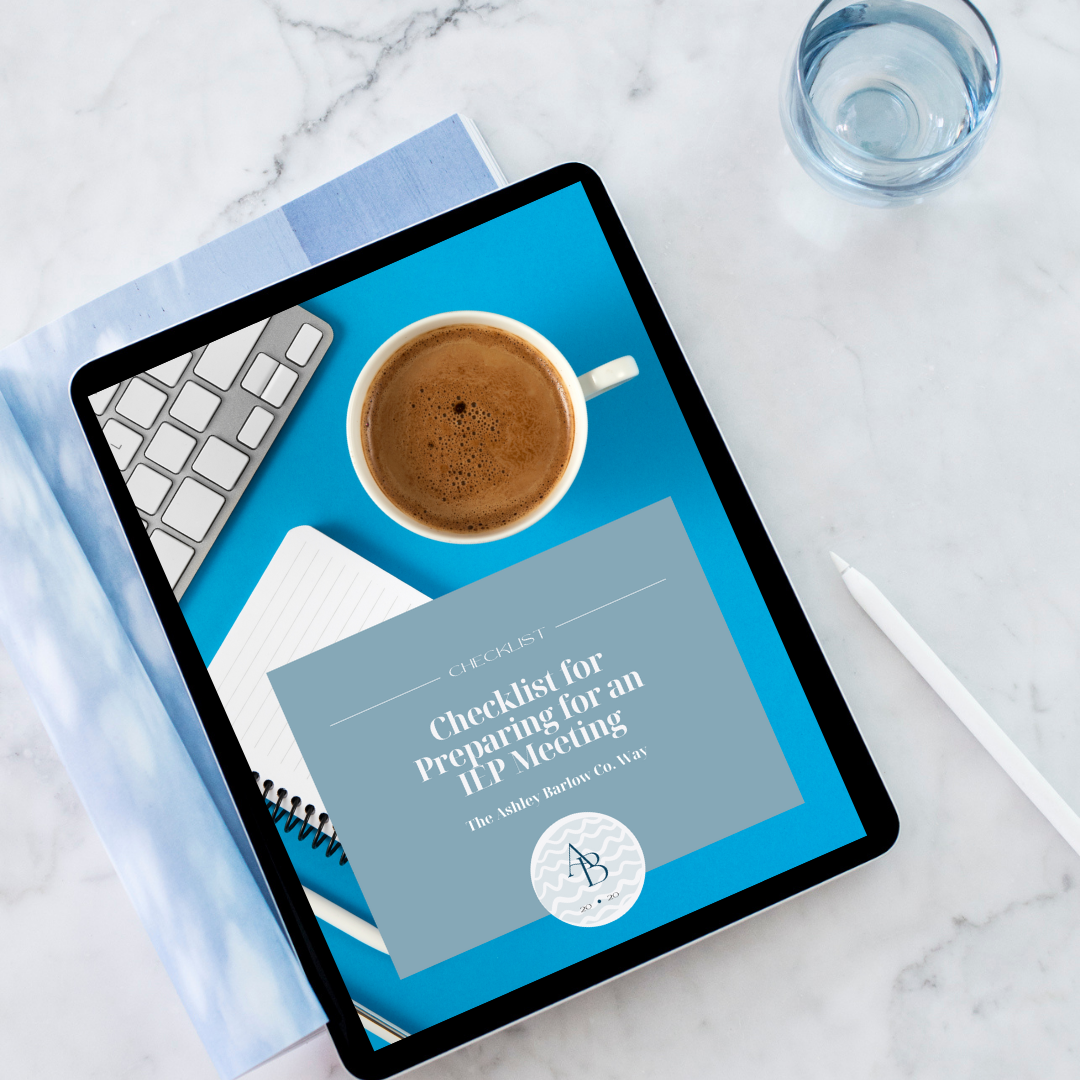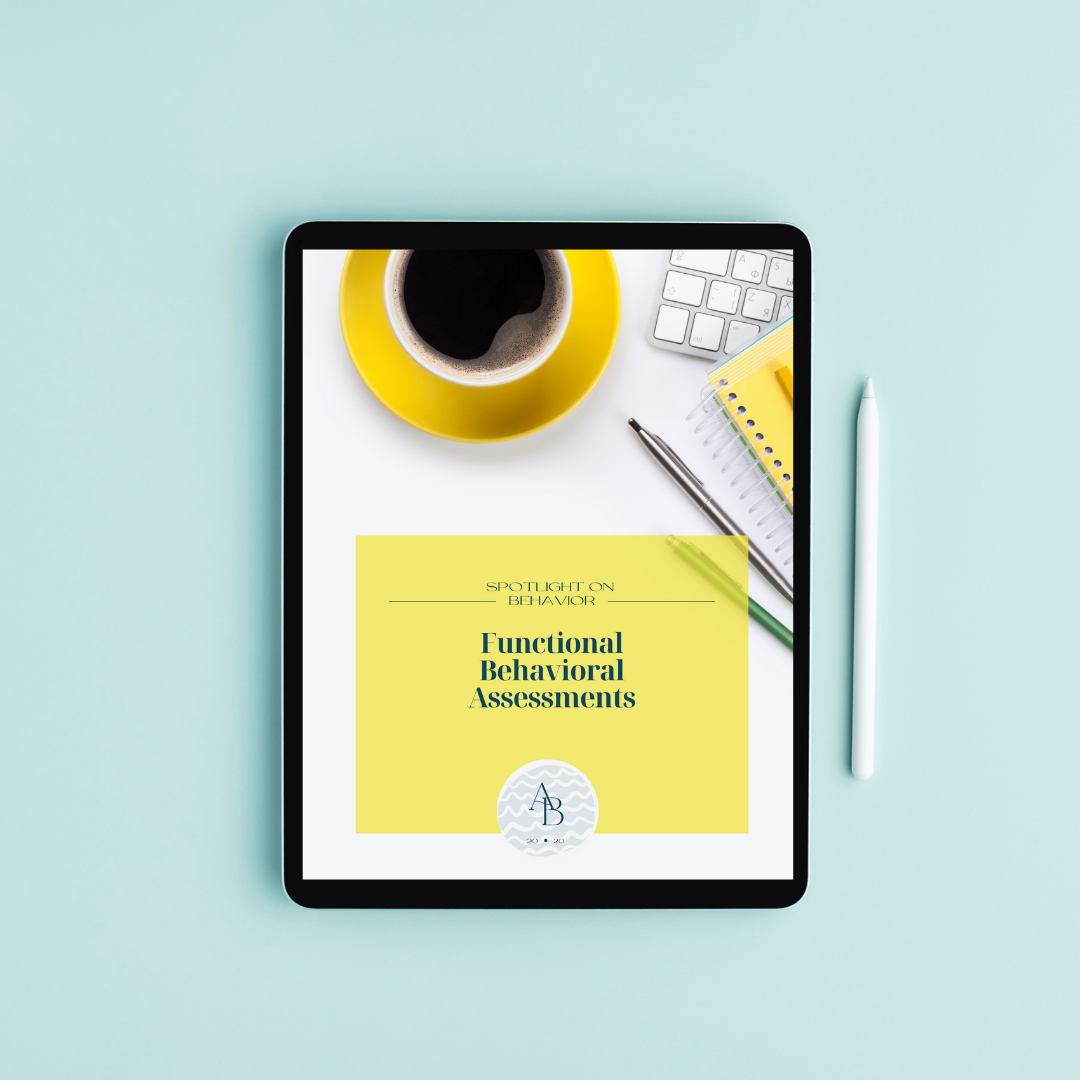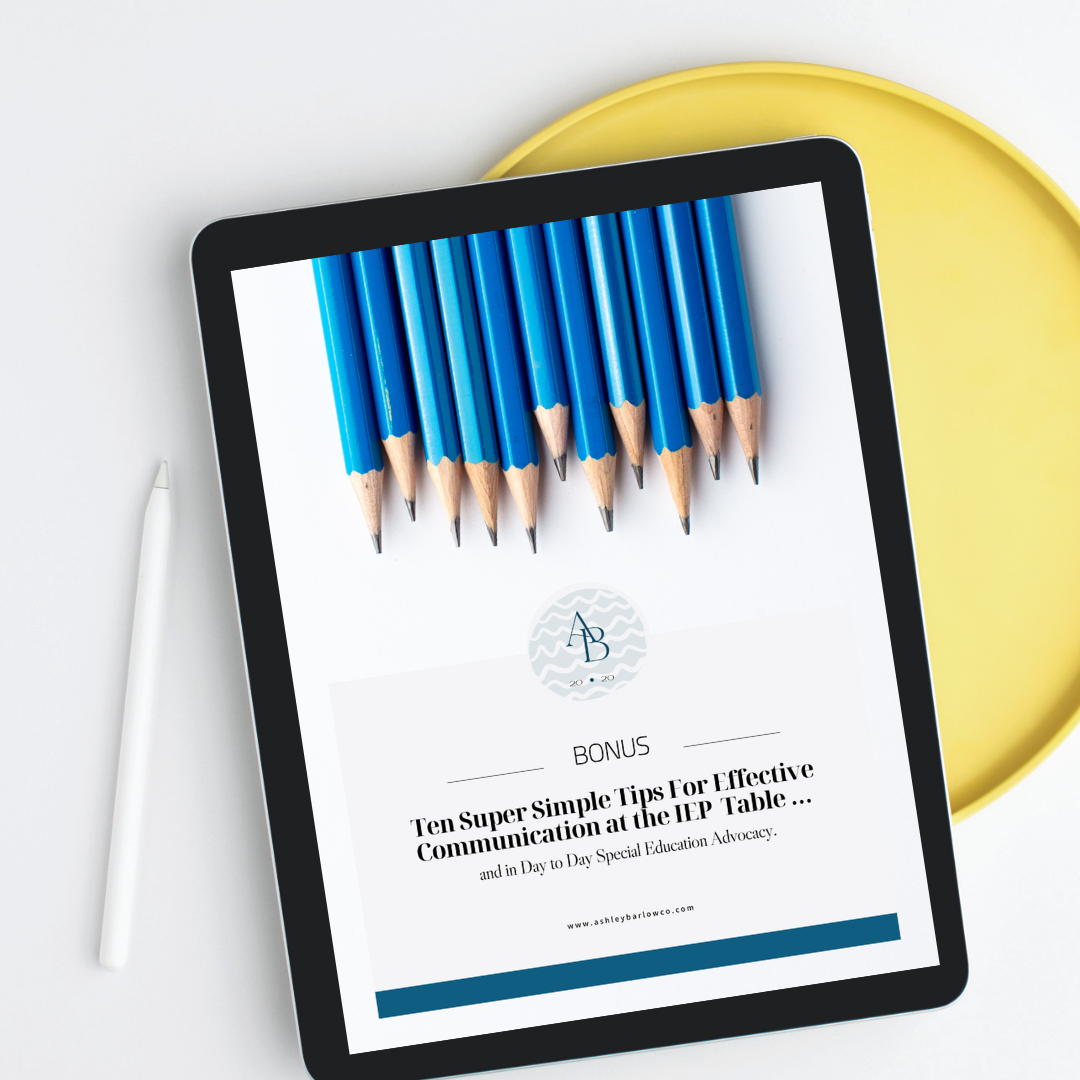Parents are already overwhelmed with caring for a child with disability and the school is probably adding to that overwhelm by not providing appropriate education services to the child. This may be the first time parents have had to interact with an attorney and don’t know where to start. Some have never heard of a special education attorney and don’t know where to look.
Below are 10 tips to help simplify the search of a special education lawyer.
1. Free or paid consultations: Make sure to ask if the attorney offers free consultations or paid consultations. Some attorneys may require you to pay a small fee prior to speaking to them.
2. You don’t need to tell your whole story during the first meeting- Just share the most important facts with the attorney. Most special education attorneys will have an understanding of what the main issues are when you share just the facts.
3. Does the lawyer know about special education law and litigation? You will want to know if the lawyer is knowledgeable about special education law and litigation. Special education law is a highly nuanced area of law that only special education attorneys can understand. For example, a family lawyer or a criminal law attorney is not the best attorney for a special education matter. Ask yourself, would you visit a dentist for a heart issue?
4. Do not expect expert legal advice at your first consultation. First consultations are usually when attorneys sift through the facts to determine if your case is an actual special education issue. Most attorneys will usually need time to familiarize themselves with your case and research the law as it pertains to your case.
5. Remember that time is money. Know that attorneys are paid for their time and advice. Respect the attorney’s time and avoid consulting with an attorney if you have no intention of hiring one. You consulted with the attorney because you know that you cannot handle the special education matter yourself and that you desire an expert to handle it for you.
6. Ask about other special education cases the attorney has handled. Ask if your case is similar to any of the attorney’s case. Ask how that case resolved and decide for yourself if that outcome matches your desired outcome. Note however that no two cases are similar and outcome achieved in one case may not be achieved in yours.
7. Do you like the attorney you consulted with? Remember that if you decide to hire the attorney, you enter a business relationship and you entrust the education issues to that attorney. There are different styles of special education lawyering/approach, e.g. aggressive, passionate, collaborative etc. The facts of your case will best determine the approach that the attorney will adopt. If you demand an aggressive approach, the attorney should advise you on the pros and cons of that approach and may suggest other approaches and how that fits into your overall desired outcome.
8. Get a contract: This is known as the Fee agreement or Retainer agreement between you and your attorney. You agree to a pay a certain fee and the attorney agrees to provide certain special education services. Read the agreement thoroughly to understand what services the attorney will provide and understand your financial obligation to the attorney. Don’t be afraid to ask your attorney to explain what certain terms of the contract mean.
9. Don’t ask the lawyer to work for free: Attorneys are service providers who provide intangible products. If your attorney resolves your legal issue in a very short time, it is not because the case was easy. It is due to the attorney’s experience and you are paying for that experience. Remember that it took the attorney a good number of years to arrive at that level of experience.
10. Your lawyer should be passionate about special education. Ask the attorney what is the driving force behind the attorney’s passion. Ask if they have a child with a disability? Special education is a highly nuanced area of law and can be overwhelming for many attorneys. It is near impossible to practice in this field without passion for children with disabilities.







